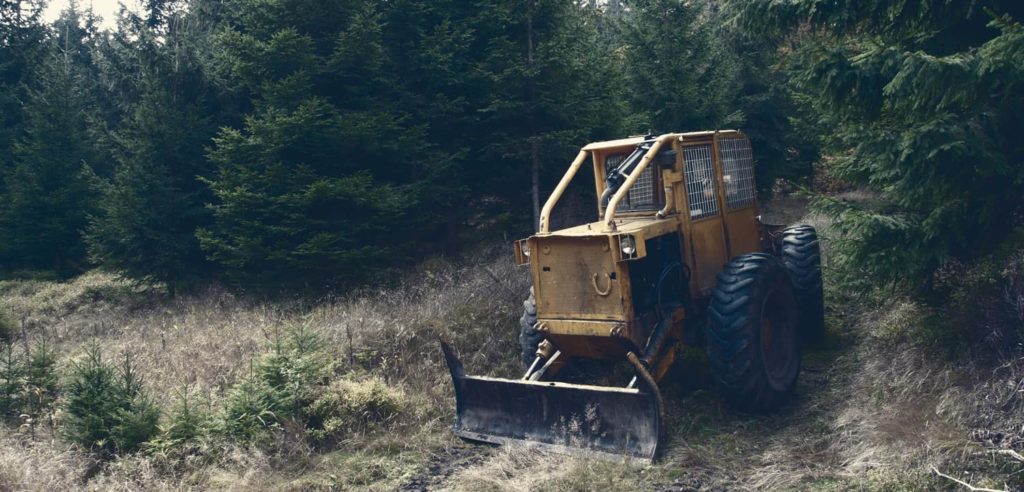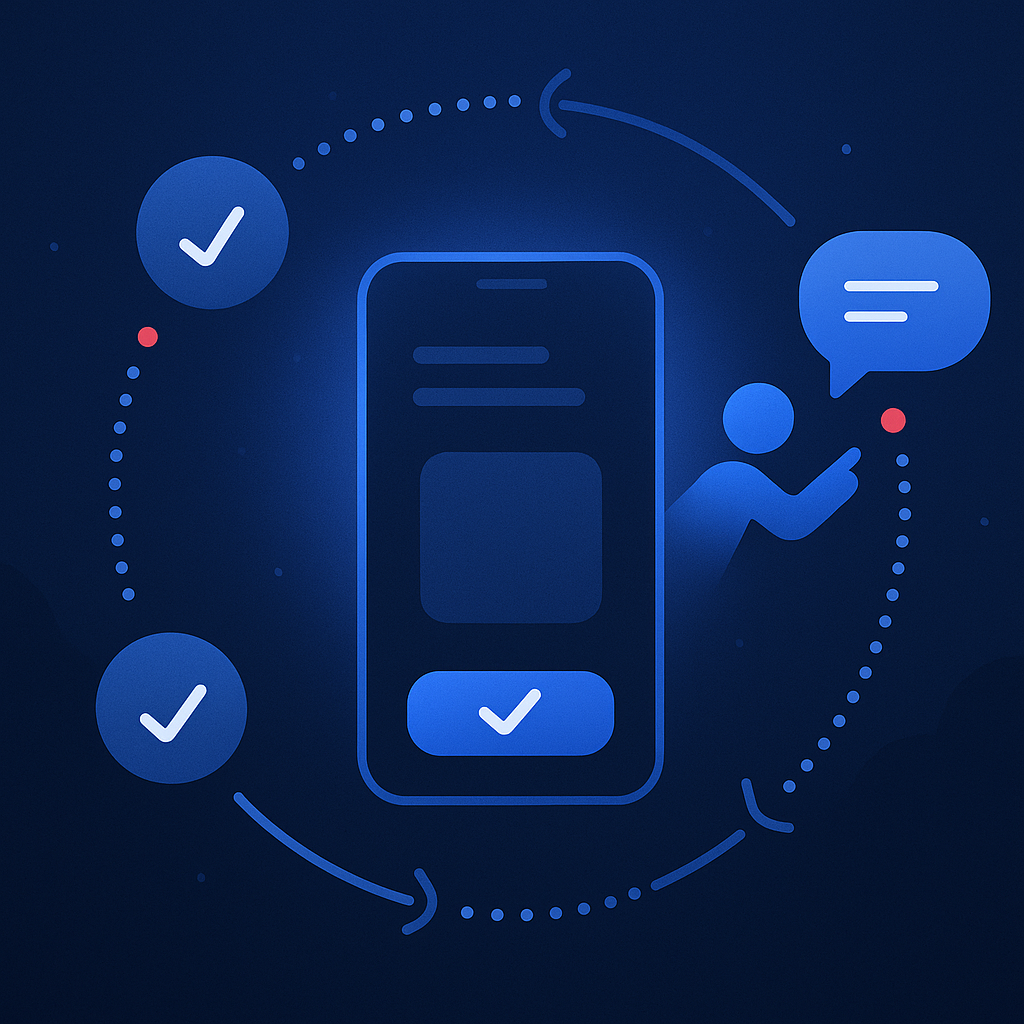When asked about a budget for mobile app development, the often heard reply is how long is a piece of string. The reason is that mobile app development can be a complex build with many features. We usually advise against this way of building.
Our recommendation is not always one that lands well, but it does ultimately save a client a great deal of investment, financially and emotionally. Unless the problem and solution spaces have been investigated and validated, I always recommend that mobile app development starts with a Minimum Viable Product, MVP or Minimum Viable Experience, MVE.
The story that I relate is that of a family friend. Having won a tender to dig the trench for a 3km water pipe, the man then set about completing the dig without any of the required equipment except a tractor and his own strong sons. With the successful digging of the trench with his only meager resources, he had the financial resources to start a construction company. This proves that with the knowledge of resource required, the environment, and grit and determination, a business can be started. The challenge is not to invest heavily in the beginning. Thus, the recommendation to start with MVP or MVE.
Knowledge of resources required and the environment is important as many overestimate what is truly needed. A solid investigation of the space can be achieved with the following tools;
- canvases such as the Business Model Canvas, Lean Canvas, Vision Canvas and more are great tools that we have published as a free e-book,
- to start an investigation of the space with a Design Thinking workshop. This will give you a good idea of your user, problem space and plan for your MVP,
- to work with a knowledgeable and experienced mobile app development and product development company on an MVP. Prototype and test in a continual loop
The challenge for many starting is that they want to scale quickly. I would advise to scale slowly. Ensure that you have a product that works for a small group of people, learn from that and scale as you need to.
An important aspect to note in the story of the man, his tractor and sons, is that he didn’t own earth moving equipment. Often clients want to buy the mobile app development equivalent of earth moving equipment. This means that they want to have the high fidelity app. In terms of a startup, I am against this form of mobile app development. It is costly and the client could end up with a product the user does not want or need.
Of course, there is a risk to any endeavor. My family friend could have hit a stone that only dynamite would dislodge. It is the same in mobile app development. This is why at Polymorph, unless you have deep understanding of your user’s needs, we advise that we go through a Design Thinking Workshop, create a MVP / MVE and from testing with users, we build and continue to build an app that solves your user’s big hairy challenge.
However, if you are a company with an intimate understanding of the environment, user and how they solve this problem themselves, you are armed with the necessary information to create a viable product. Then let’s build the high fidelity app your users dream of. This works in mobile app development such as banking apps and health tech, but can be too costly when one is disrupting an industry or changing the world.
Ultimately, mobile app development relies on the same criteria as any business to be successful. Be strategic, smart with your resources and plan for long term success, not short term notoriety.



